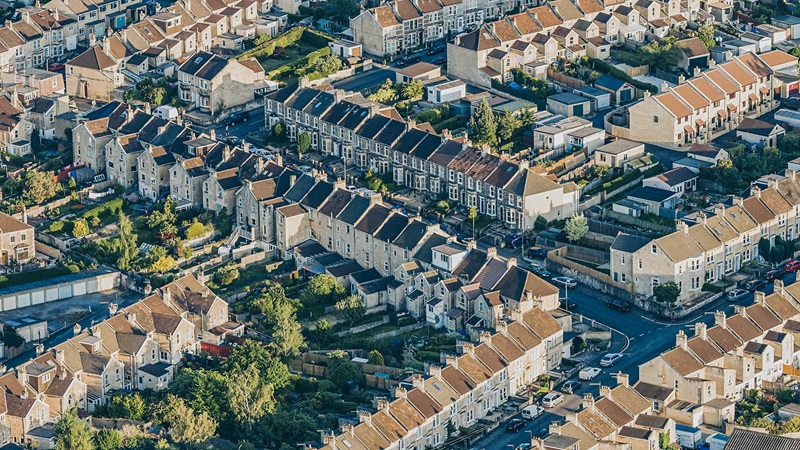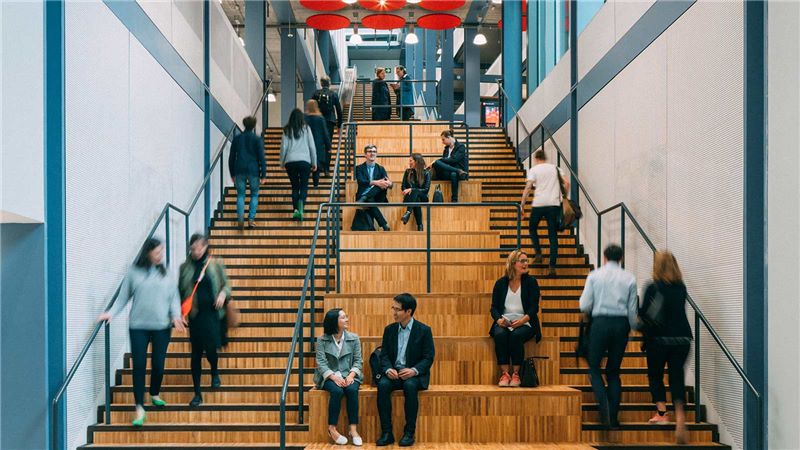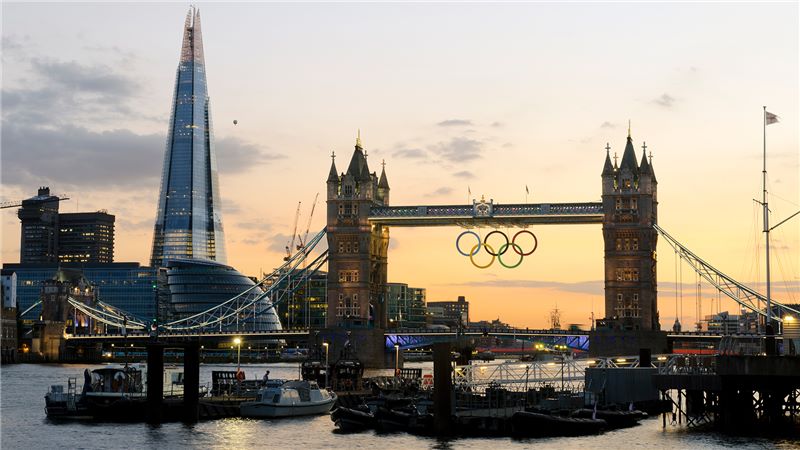To tackle regional inequality, we must rethink the ‘left behind’ places
From Brexit to crime to the future of the NHS in a US-UK trade deal, this election has been dominated by national issues.
But while the politicians tour the country with their lofty nationwide visions, Britain continues to suffer from a regional inequality.
While many of our cities have done well over the last two decades, there are pockets of deprivation across the country that have performed much less favourably.
These places may be out of the public spotlight, but given relative population density, this inequality impacts vast numbers of people. Data from the Office for National Statistics shows that around a third of the UK population lives in the most deprived 10 per cent of places.
In such “left behind” places, there is, on average, half a job per working aged person, while household incomes are £7,000 lower than the national average. People live much shorter lives too — 16 years less than in more prosperous areas — and suffer more long-term illness.
This means that areas which are geographically very close together can face very different fortunes. Take the Wirral. The east side of the peninsula is home to Birkenhead and the Cammell Laird shipyard, and is a world away from the west, which is much more residential and affluent.
People on the west side have a decade longer life expectancy than those on the east — when just six miles separate them.
Public faith in national politicians to fix these problems is low. When asked which party they trusted to “create good places to live”, more people said “none” than favoured any particular party. That’s because turning around a place’s fortunes requires local leadership, and not just from politicians.
These communities often receive limited interest from private sector businesses — now that has to change.
Developers, investors and the whole of the built environment sector need to change our behaviour to help solve regional inequality. We can do better than national politicians, by thinking holistically about the things that make somewhere an attractive place to live.
That means considering factors such as connectivity, transport links, green space, local educational and healthcare provision — and ensuring that we’re taking account of how these influence people’s chances in life.
It starts with building the right houses in the right places. We all know that the UK is facing a housing shortage, but at the same time, we have 216,000 empty homes across the country — the highest figure in seven years. As a society, we need a way to transform left behind communities into places that people want to move to.
This is not just a moral issue — it’s a business imperative. For developers, delivering better places should mean better long-term rental revenue. Those who have started to grasp that are already investing more heavily into creating good places, but too often funding models still prioritise short-term gain rather than the longer view.
If we get it right, the potential benefits are huge — and should be front and centre of the political campaigns. While the issue of “place” might seem like a tangential concern for busy politicians, it is actually at the heart of many of the problems the parties are promising to tackle.
Take health, for example. The resources and amenities around where we live have a huge impact on lifestyle, and therefore influence our health. But some of the most deprived areas also suffer acute shortages of GPs.
To remove the regional inequality in UK’s healthcare provision, we would need to recruit an additional 14,000 GPs. But by building better places, taking into account the importance of public services and perhaps offering discounted homes to healthcare professionals, we can deliver better health outcomes as well as providing places that people want to live in.
Regional inequality requires deep collaboration between the private and public sectors, and a rethink of how to support communities. Whoever wins this election, what we need afterwards is a radical, joined-up approach to creating good places.
This article was originally published by CityAM.












